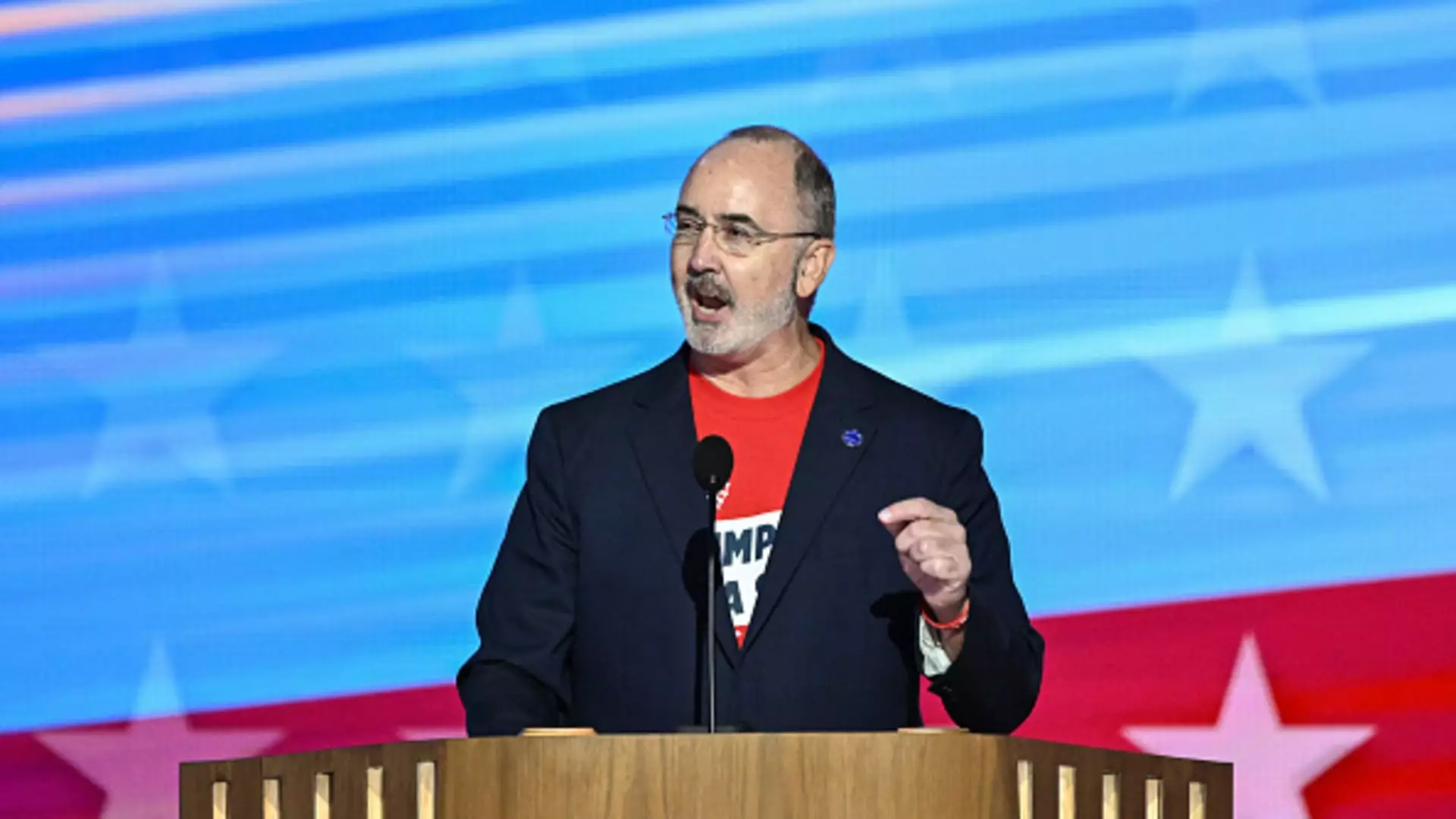The United Auto Workers (UAW) union is once again in a confrontational stance against Stellantis, marking another chapter in the ongoing saga of labor relations within the automotive industry. This conflict arises after the UAW filed federal unfair labor practice charges against Stellantis for purported violations regarding the production of the Dodge Durango. The situation has escalated significantly since the two entities reached a new collective bargaining agreement last year, which included key commitments related to production and employment levels.
UAW President Shawn Fain emphasized the union’s determination to hold Stellantis accountable to the terms agreed upon in the 2023 contract. The situation reflects a broader trend of dissatisfaction among labor organizations in the automotive sector, primarily concerning negotiations that often result in significant gains for workers but frequently lead to conflicts over adherence to those agreements.
At the core of the dispute are allegations that Stellantis plans to shift production of the Dodge Durango outside the United States, potentially violating the terms of the national agreement with the UAW. The UAW asserts that such moves contradict commitments that were intended to revitalize local manufacturing, specifically in Belvidere, Illinois, where a plant was to be reopened as part of the recent contract negotiations. The severity of these allegations speaks to the heart of labor relations, where the commitment to domestic production is seen as tantamount to job security for union members.
Stellantis has responded to these allegations, defending its actions by stating that it has adhered to its commitments as laid out in the Investment Letter tied to the UAW Collective Bargaining Agreement. This contention starkly contrasts the union’s claims and further complicates the discourse surrounding labor rights and corporate responsibilities.
What makes this dispute particularly significant is the broader landscape of labor relations in the U.S. automotive sector. The UAW has opened grievances against multiple automakers, illustrating a trend toward heightened scrutiny of labor agreements by union leadership. The emphasis on protecting contract terms signifies a growing resolve among unions to not only secure but also enforce agreements with larger corporations, which are often perceived as prioritizing profitability over workforce stability.
With various grievances against Stellantis, including more than 24 open cases regarding product and investment plans, it demonstrates that the relationship between the UAW and the automaker is strained. The situation emphasizes the balancing act that labor organizations must perform, navigating the complicated terrain of contractual obligations while advocating robustly for their members’ rights.
As the UAW moves forward with its allegations against Stellantis, the outcome of this conflict might set a significant precedent for future labor negotiations within the automotive industry. The union’s insistence on enforcing contractual commitments could prompt a reassessment of how agreements are formed and executed, fostering a climate where labor voices are considered essential partners rather than afterthoughts. The dynamics of this dispute are not merely about one company or one contract; they symbolize a critical juncture in the evolution of labor relations in the automotive sector, a sphere increasingly characterized by activism and accountability.

